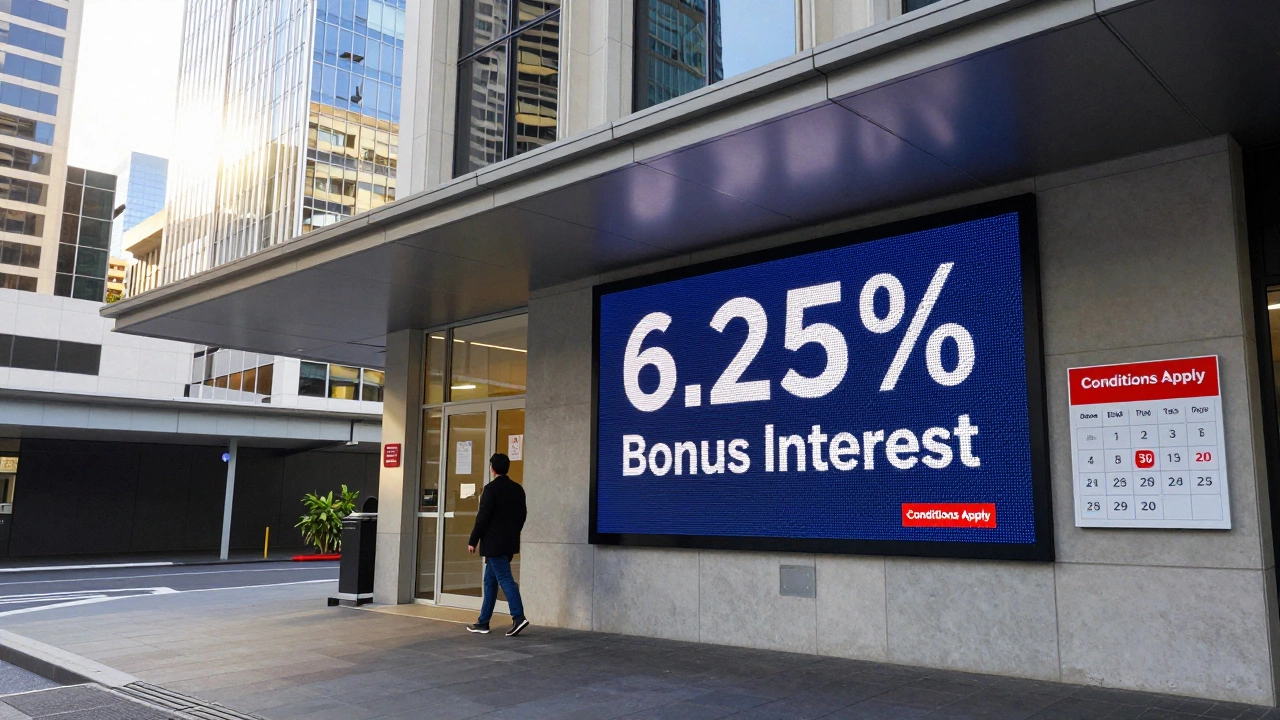Ever wonder why everyone talks about ISAs when it comes to saving money in the UK? An ISA, or Individual Savings Account, lets you park cash, stocks or other investments without paying tax on the earnings. That means every penny of interest, dividend or capital gain stays in your pocket. No fancy jargon needed – just a tax‑free bucket for your money.
There are several flavours, each built for a different goal. A Cash ISA works like a regular savings account but the interest is tax‑free. If you prefer a bit of risk, a Stocks & Shares ISA lets you invest in shares, funds or bonds and any gains stay tax‑free too. For those saving for a first home, a Lifetime ISA (LISA) adds a 25 % government bonus on contributions up to £4,000 a year, usable for a deposit or retirement after 60. And if you’re a small business owner, the Innovative Finance ISA (IFISA) lets you lend directly to borrowers and keep the returns tax‑free.
First, know the annual allowance. For the 2024/25 tax year you can put up to £20,000 into ISAs – you can split that across different types or keep it all in one. If you don’t use the allowance, it disappears, so try to contribute each year. Second, pick the right type for your timeline. Cash ISAs are great for short‑term goals, while Stocks & Shares ISAs suit long‑term growth. Third, watch out for fees. Some providers charge management fees that can eat into returns, so compare costs before you commit.
Non‑UK residents often ask if they can open an ISA. The short answer is you need to be a UK resident for tax purposes. Some banks allow expats to keep existing ISAs, but opening a brand‑new one usually requires a UK address and National Insurance number.
What about the rules in 2025? The government kept the £20,000 allowance and the LISA bonus unchanged, but they introduced a new “Savings Flex” feature for Cash ISAs that lets you withdraw money without breaking the tax‑free status, as long as you replace it within the same tax year. This gives a bit more freedom for unexpected expenses.
If you’re not sure whether an ISA still exists, rest assured it does. The term “ISA” replaced the older “SIPP” and “Personal Savings Account” names years ago, but the core idea – tax‑free growth – remains. Look for posts like “Does ISA Still Exist? UK Savings Rules and Ultimate Guide 2025” for a deep dive.
To decide which ISA fits you, write down your savings goal, timeline and how much risk you’re comfortable with. Match that to the right product, then shop around for rates and fees. Switching providers is easy – you can transfer your ISA without losing the tax‑free status, as long as you follow the proper transfer process.
Finally, remember that an ISA is just one tool in your financial toolkit. Pair it with a pension plan, emergency fund and sensible budgeting for a balanced approach. With the right choices, an ISA can boost your savings and keep more of your hard‑earned money safe from tax.

No Australian bank offers 8% interest on savings accounts. Learn the real top rates available in 2026, how to qualify, and how to avoid scams. Safe, high-interest options explained.

In the hunt for a 7% interest rate on savings accounts, the UK market offers some attractive options. This article explores current offerings and strategies to maximize your savings. With tips on ISAs and how to navigate the fine print, know where you can get the best return on your money.

Is your money truly safe in an ISA? As we delve into the world of Individual Savings Accounts, we'll explore the potential risks and safety nets that these savings vehicles offer. From understanding government protections to knowing the ins and outs of different ISA types, this article aims to shed light on how secure your investments are. Discover the important tips that can help you maximize safety and returns while minimizing risks.

Explore the US equivalent of an ISA, uncovering the ins and outs of how these accounts work for American investors. Discover practical insights into tax benefits, differences with the UK's ISAs, and tips for maximizing the potential of these accounts. From IRA options to 401(k)s, this article clears up the complexities surrounding US investment options and offers guidance for making informed financial choices.

Individual Savings Accounts (ISAs) offer a tax-efficient way to save or invest your money. They are available to residents in certain countries and come in various types, each with unique features and benefits. Understanding the details of ISA accounts, such as their tax advantages and contribution limits, can help you make the most of your savings strategy. Whether you're planning for retirement or saving for a future purchase, ISAs can be a valuable addition to your financial portfolio.